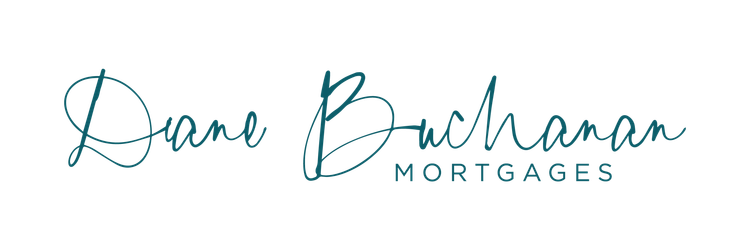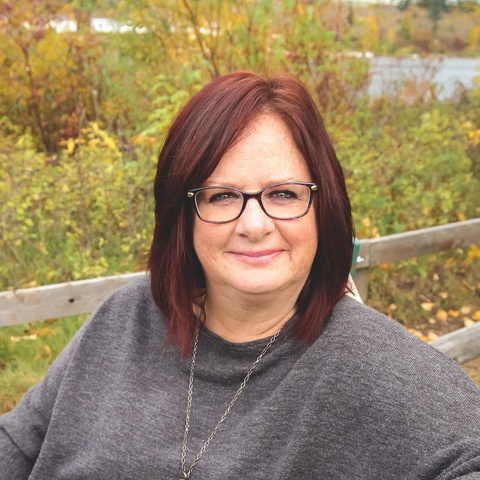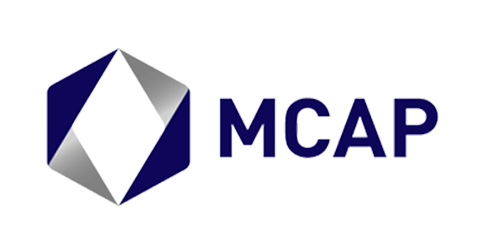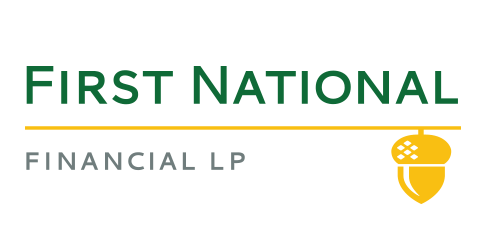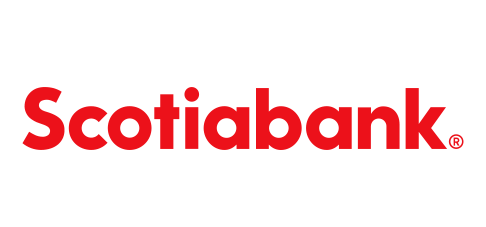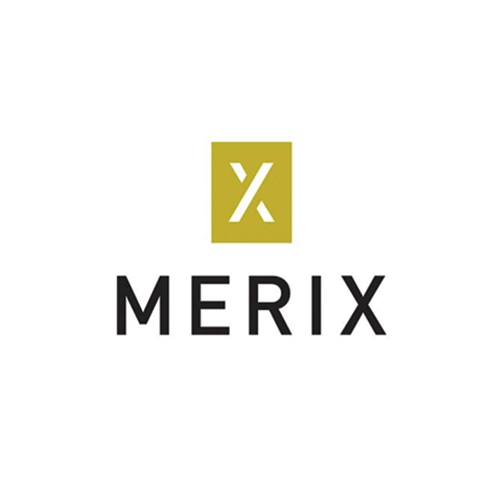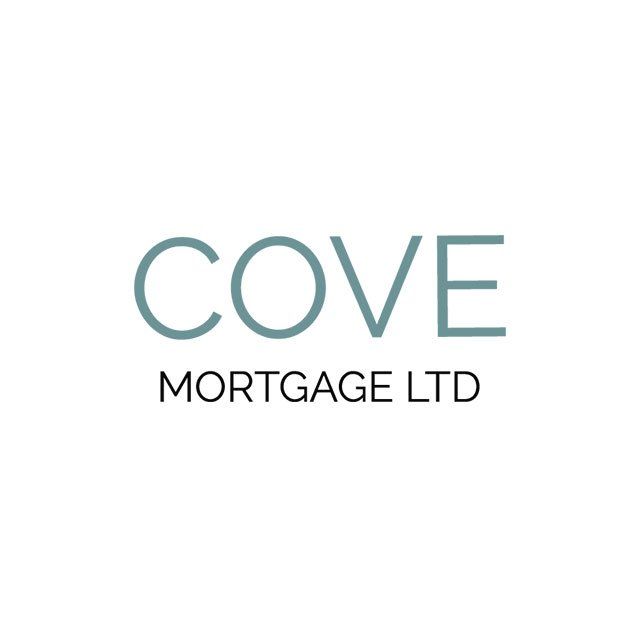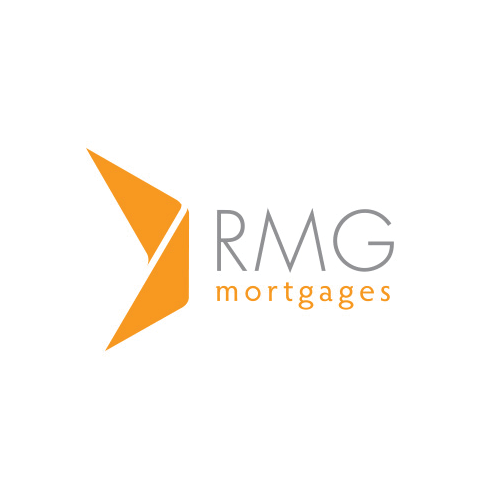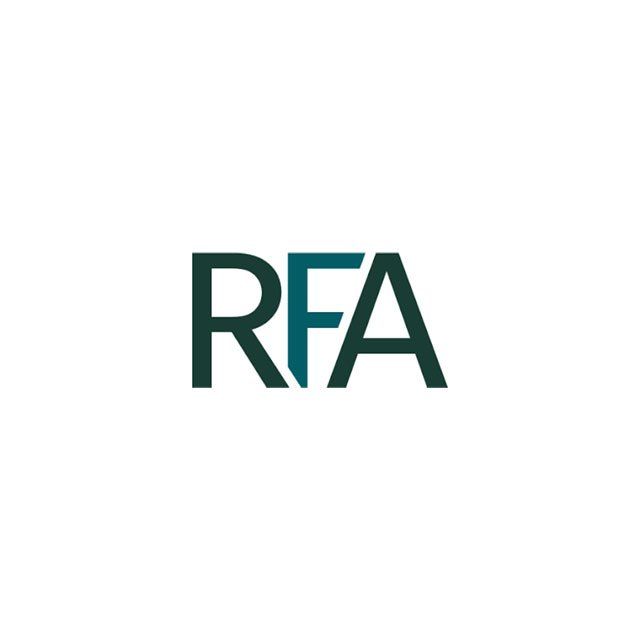Getting a mortgage can be stressful and confusing;
it doesn't have to be, let us show you how.
DIANE BUCHANAN
Mortgage Broker
I started working in the mortgage industry in 2000 as my husband at the time was already a successful broker and needed an assistant. I was reluctant at first as I had 2 sons under the age of 5, but I found that I loved helping people finance homes and brokering wasn’t a 9-5 job so I could still spend time with my young family. Fast forward 20 years and I still love what I do.
My clients appreciate that I am available to answer their questions not only during regular business hours but outside of normal hours as well. I have been known to answer emails/calls/texts up to 8 pm at night and sometimes later, depending on their schedules. My clients will never have a ‘bank’ experience when working with me!
On a personal note, in the winter you will find me watching the Canucks, while in the summer I am cheering on the BC Lions. And just so you don’t think I spend all my time in front of the TV or at the stadium, I also enjoy spending time on the golf course.
Let's Run Some Numbers
Nice things our clients have said about working with us
SIGN CONSENT
We take your privacy very seriously. Here is a quick consent form that you can use to indicate you'd like to start the process in finding a mortgage with us!
APPLY NOW
You've run some preliminary calculations, you've signed the consent form, the next step is to go through our online mortgage application.
The Collective Mortgage Group provides mortgage services to loyal clients in a transparent environment, with an authentic voice, helping them feel protected, and save time and money.
Bank of Canada - 0.50% Rate Increase Jan 25, 2023
To Lock In Or Not To Lock In?! That's the Question!
MORTGAGE FINANCING
Whatever your mortgage needs; working with The Collective Mortgage Group , we have the mortgage services you're looking for. Click on any of the services for more information.
The power of working with us is that you don’t just get a Mortgage Broker, you get the care, attention, and knowledge of our entire team.
VALUED RELATIONSHIPS
MORTGAGE ARTICLES
Looking for a little more information before getting in touch with us? No problems! Have a look through our mortgage blog where we share valuable information about mortgage financing and the home buying process. Once you're ready, feel free to connect with us in whatever way you feel comfortable. we're here for you!



GET IN TOUCH
Contact Us
Thank you for contacting us.
We'll will get back to you as soon as possible
Please try again later
DIANE BUCHANAN
Mortgage Broker
diane@dianebuchanan.ca
250-302-2276
#5 - 160 Oliver Street, Williams Lake BC V2G 1L8
All Rights Reserved | The Collective Mortgage Group | Privacy and Content Policy

